R: Data Analysis and Visualization. Click here to enter text
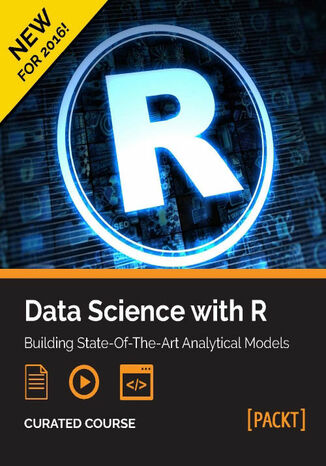



- Autorzy:
- Tony Fischetti, Brett Lantz, Jaynal Abedin, Hrishi V. Mittal, Bater Makhabel, Edina Berlinger (EURO), Ferenc Illés, Ádám Banai, Gergely Daróczi, Barbara Dömötör, Gergely Gabler, Dániel Havran, Péter Juhász, Margitai István, Ágnes Tuza, Milán Badics, Kata Váradi, István Margitai, Péter Medvegyev, Agnes Vidovics-Dancs, Julia Molnár, Balázs Árpád Sz?+-cs, Balázs Márkus, Tamás Vadász
- Wydawnictwo:
- Packt Publishing
- Ocena:
- Dostępne formaty:
-
PDFePubMobi
Opis
książki
:
R: Data Analysis and Visualization. Click here to enter text
This course begins by looking at the Data Analysis with R module. This will help you navigate the R environment. You'll gain a thorough understanding of statistical reasoning and sampling. Finally, you'll be able to put best practices into effect to make your job easier and facilitate reproducibility.
The second place to explore is R Graphs, which will help you leverage powerful default R graphics and utilize advanced graphics systems such as lattice and ggplot2, the grammar of graphics. You'll learn how to produce, customize, and publish advanced visualizations using this popular and powerful framework.
With the third module, Learning Data Mining with R, you will learn how to manipulate data with R using code snippets and be introduced to mining frequent patterns, association, and correlations while working with R programs.
The Mastering R for Quantitative Finance module pragmatically introduces both the quantitative finance concepts and their modeling in R, enabling you to build a tailor-made trading system on your own. By the end of the module, you will be well-versed with various financial techniques using R and will be able to place good bets while making financial decisions.
Finally, we'll look at the Machine Learning with R module. With this module, you'll discover all the analytical tools you need to gain insights from complex data and learn how to choose the correct algorithm for your specific needs. You'll also learn to apply machine learning methods to deal with common tasks, including classification, prediction, forecasting, and so on.
Wybrane bestsellery
Tony Fischetti, Brett Lantz, Jaynal Abedin, Hrishi V. Mittal, Bater Makhabel, Edina Berlinger (EURO), Ferenc Illés, Ádám Banai, Gergely Daróczi, Barbara Dömötör, Gergely Gabler, Dániel Havran, Péter Juhász, Margitai István, Ágnes Tuza, Milán Badics, Kata Váradi, István Margitai, Péter Medvegyev, Agnes Vidovics-Dancs, Julia Molnár, Balázs Árpád Sz?+-cs, Balázs Márkus, Tamás Vadász - pozostałe książki
Packt Publishing - inne książki
Dzięki opcji "Druk na żądanie" do sprzedaży wracają tytuły Grupy Helion, które cieszyły sie dużym zainteresowaniem, a których nakład został wyprzedany.
Dla naszych Czytelników wydrukowaliśmy dodatkową pulę egzemplarzy w technice druku cyfrowego.
Co powinieneś wiedzieć o usłudze "Druk na żądanie":
- usługa obejmuje tylko widoczną poniżej listę tytułów, którą na bieżąco aktualizujemy;
- cena książki może być wyższa od początkowej ceny detalicznej, co jest spowodowane kosztami druku cyfrowego (wyższymi niż koszty tradycyjnego druku offsetowego). Obowiązująca cena jest zawsze podawana na stronie WWW książki;
- zawartość książki wraz z dodatkami (płyta CD, DVD) odpowiada jej pierwotnemu wydaniu i jest w pełni komplementarna;
- usługa nie obejmuje książek w kolorze.
Masz pytanie o konkretny tytuł? Napisz do nas: sklep@helion.pl
Książka drukowana







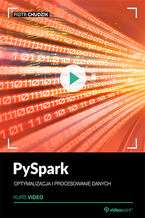




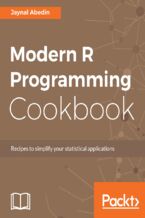

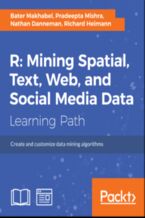
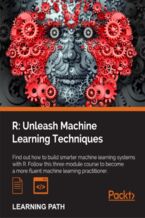
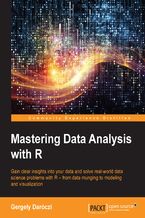
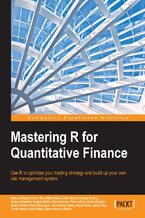
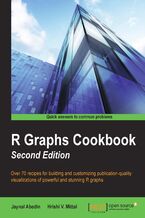
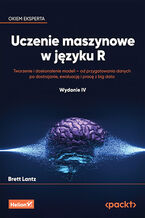
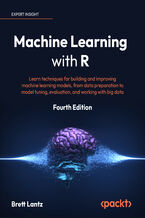
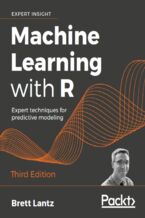
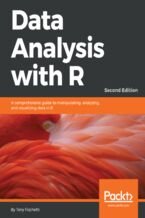







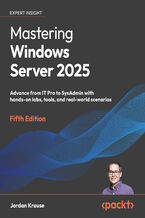
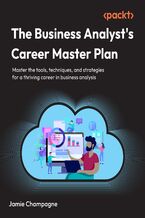
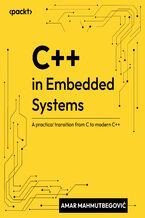
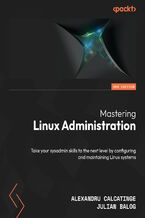
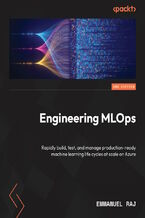
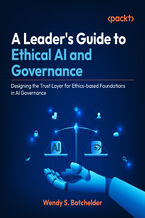
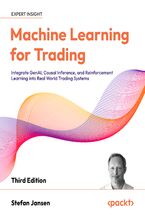
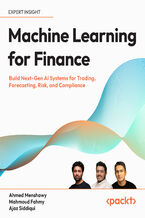



Oceny i opinie klientów: R: Data Analysis and Visualization. Click here to enter text Tony Fischetti, Brett Lantz, Jaynal Abedin, Hrishi V. Mittal, Bater Makhabel, Edina Berlinger (EURO), Ferenc Illés, Ádám Banai, Gergely Daróczi, Barbara Dömötör, Gergely Gabler, Dániel Havran, Péter Juhász, Margitai István, Ágnes Tuza, Milán Badics, Kata Váradi, István Margitai, Péter Medvegyev, Agnes Vidovics-Dancs, Julia Molnár, Balázs Árpád Sz?+-cs, Balázs Márkus, Tamás Vadász
(0)